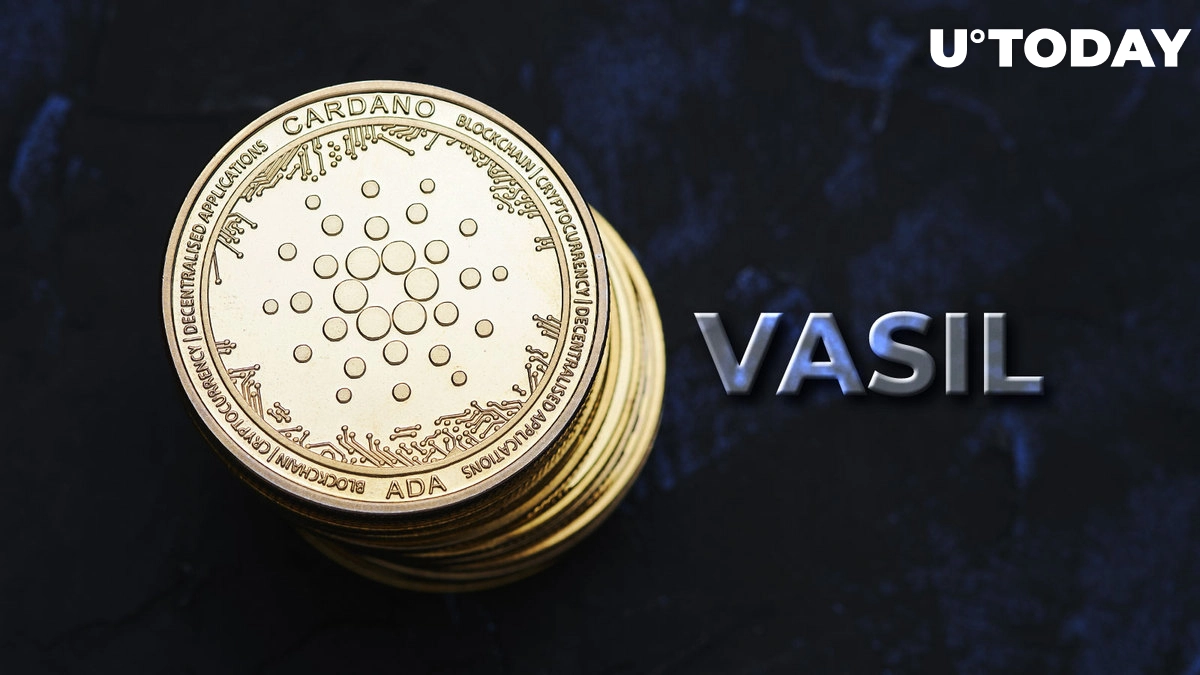
Cardano among top evolving assets cardano Currently one of the top three projects actively developed for the week. This follows a successful Vassil launch and the deployment of the capabilities in the last week of September.
With the Vasil upgrade now on the mainnet, IOG continues development as teams add resources to the Cardano node tests GitHub repository, per IOG’s weekly report.
Also in the past week, two Marlowe contracts with Babbage capabilities were executed on the mainnet: a token drop, the first Plutus V2 validator to run on the mainnet, and a token swap using context scripts.
Currently, 1,117 projects are building on Cardano, while 102 projects have been launched. Cardano native tokens stand at 6.3 million minted across 62,753 policies. Plutus scripts were at 3,392, while the total number of transactions was at 51.3 million.
Vasil surveillance continues
On September 27, new Vassil capabilities (including node and CLI support for context input, inline datums and context scripts) arrived on the Cardano mainnet along with a new Plutus cost model. It follows the successful launch of the Vasil mainnet on 22 September.
According to IOG, monitoring continues for at least four epochs after the hard fork, after which a decision about future adjustments will be made based on “regular” network bandwidth. An epoch usually lasts for five days, which implies 20 days of monitoring after the hard fork.
There has been some positive feedback after the hard fork. MuesliSwap, Cardano DEX reported about 91% reduction in transaction size and around 50% reduction in fees.
The largest Cardano NFT marketplace, JPG Store, likewise reported a 50% slash in network fees after its upgrade to Plutus V2, which allowed for smaller transaction sizes.


















